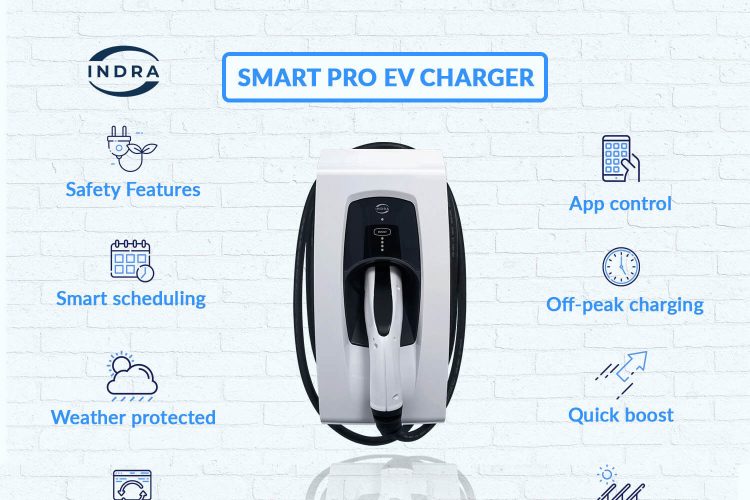
While grants are available from most developed countries which aim to bridge the gap between electric vehicles and their traditional fuel counterparts, these often only bring like-for-like vehicles in line with each other. However, given that comparable vehicles are usually mid-range brands like Audi and BMW, the price tag of EVs, even after grants, is often still more than £40k. The real challenge has been creating electric vehicles which are objectively affordable but still have the range and power required for everyday life. Step forward a familiar face: Elon Musk.
The Tesla CEO has said that new “tabless” battery cells, as well as changing the materials inside the cell, will allow Tesla to “halve” the price per kilowatt-hour, which will make electric cars roughly the same price as those with combustion engines. The price per kilowatt-hour (kWh) is the unit of energy most commonly used to measure the capacity of the battery packs in modern electric vehicles. Those prices have been falling dramatically over the last decade, from around £1,000/kWh in 2010 to £140/kWh in 2019, a drop of 87 percent. At the current trajectory, experts predict that we could reach the £100/kWh mark in the next three years, but this latest development suggests that we will surpass this much quicker that expected.
Musk said the new battery system, which uses larger cylindrical cells and will be produced in-house by Tesla, will enable the firm to launch an “affordable” £19,500 electric car, although he added “serious high-volume production” of that machine won’t be possible until 2022. Moreover, the aim is for this car to be able to “drive itself”, a long-held ambition for the company.

“We need to make more affordable cars,” said Musk. “One of the things that troubles me the most is that we don’t have a truly affordable car, and that’s something we will have in the future. For that, we need cheaper batteries.”
While Tesla currently buys batteries from suppliers including Panasonic, CATL and LG Chem, it aims to start producing the new batteries in-house, which would also greatly reduce the cost. That said, high demand will still be subsidised with external battery production. Moreover, the company is working on developing systems to recycle battery cells, creating ‘inexpensive’ silicones and reducing the use of cobalt in its batteries (as we have discussed before on this blog).

We cannot deny the impact that an affordable EV would have on the future of electric travel. It would result in EVs no longer being regarded as a luxury item, out of reach for working class families. We wait in hope to see these new vehicles on our roads. In the meantime, if you would like to know more about what EVs are available now or have any questions about life with an EV, please get in touch. A member of our technical team will happily answer any questions that you have. Call us on 0141 280 8890 or drop us an email at [email protected].
Additionally, visit our website evchargepoints.com to see our range of products and services, and read historical blog posts.






